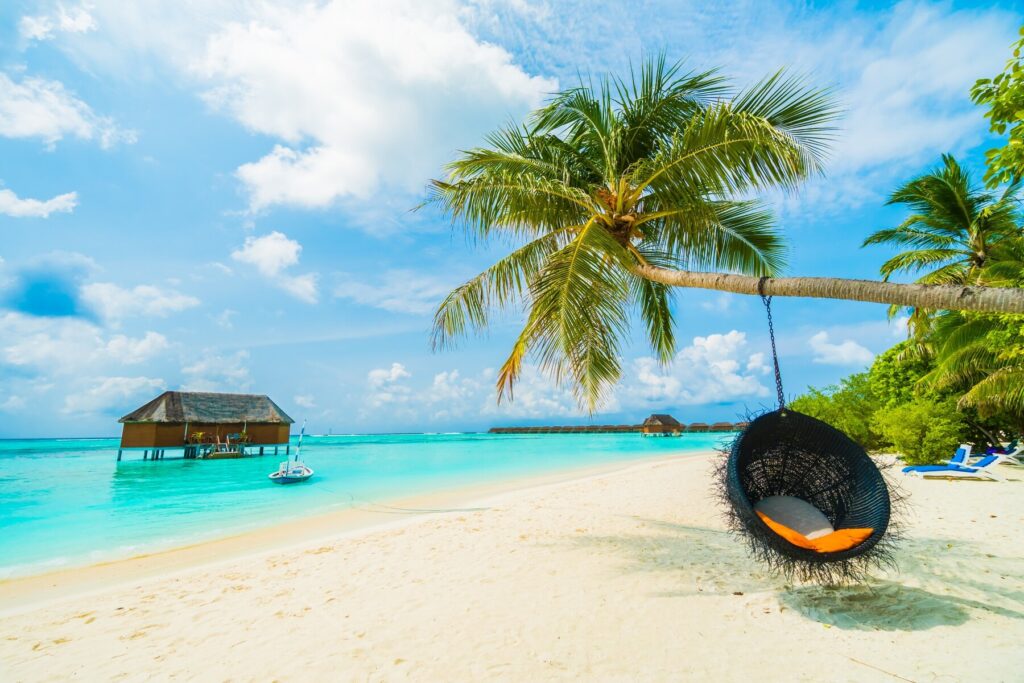The Maldives, an island nation in the Indian Ocean, faces a unique challenge in providing freshwater to its population. With no rivers or lakes, the country relies on innovative solutions to meet its water needs. Two primary sources of freshwater in the Maldives are rainwater collection and desalination plants.

Rainwater Collection: A Natural Solution
Rainwater collection is a vital component of the Maldives’ water strategy. The country’s tropical monsoon climate brings significant rainfall, which is harvested from rooftops, roads, and other surfaces. This rainwater is collected and stored in tanks, providing a natural and sustainable source of freshwater. Many households and buildings in the Maldives have rooftop rainwater harvesting systems, which supply water for drinking, cooking, and other domestic purposes.
Desalination Plants: A Reliable Source
In addition to rainwater collection, the Maldives relies on desalination plants to provide freshwater. These plants use reverse osmosis technology to remove salt and other minerals from seawater, producing freshwater that meets drinking water standards. Desalination plants are particularly important in areas where rainwater collection is not feasible or sufficient. They provide a reliable source of freshwater, especially during periods of drought or low rainfall.
Shallow Wells: A Supplementary Source
Some islands in the Maldives use shallow wells that collect rainwater, providing a supplementary source of freshwater. These wells are typically dug in areas with high water tables, allowing rainwater to seep into the ground and collect in the well. The water from these wells is often used for non-potable purposes such as irrigation and washing.
Challenges and Opportunities:
The Maldives faces significant challenges in ensuring its water security, including climate change, population growth, and limited land area. Rising sea levels and increased frequency of storms pose threats to the country’s water infrastructure and supply. Nevertheless, the Maldives’ experience in water management offers opportunities for innovation and sustainability. The country’s reliance on rainwater collection and desalination plants demonstrates its ability to adapt to challenging circumstances and find creative solutions to its water needs.
Sustainable Water Management:
To ensure a secure water future, the Maldives is implementing sustainable water management practices. These include promoting water conservation, improving the efficiency of desalination plants, and protecting rainwater harvesting systems from contamination. By adopting a holistic approach to water management, the Maldives can mitigate the impacts of climate change and ensure a reliable supply of freshwater for its population.